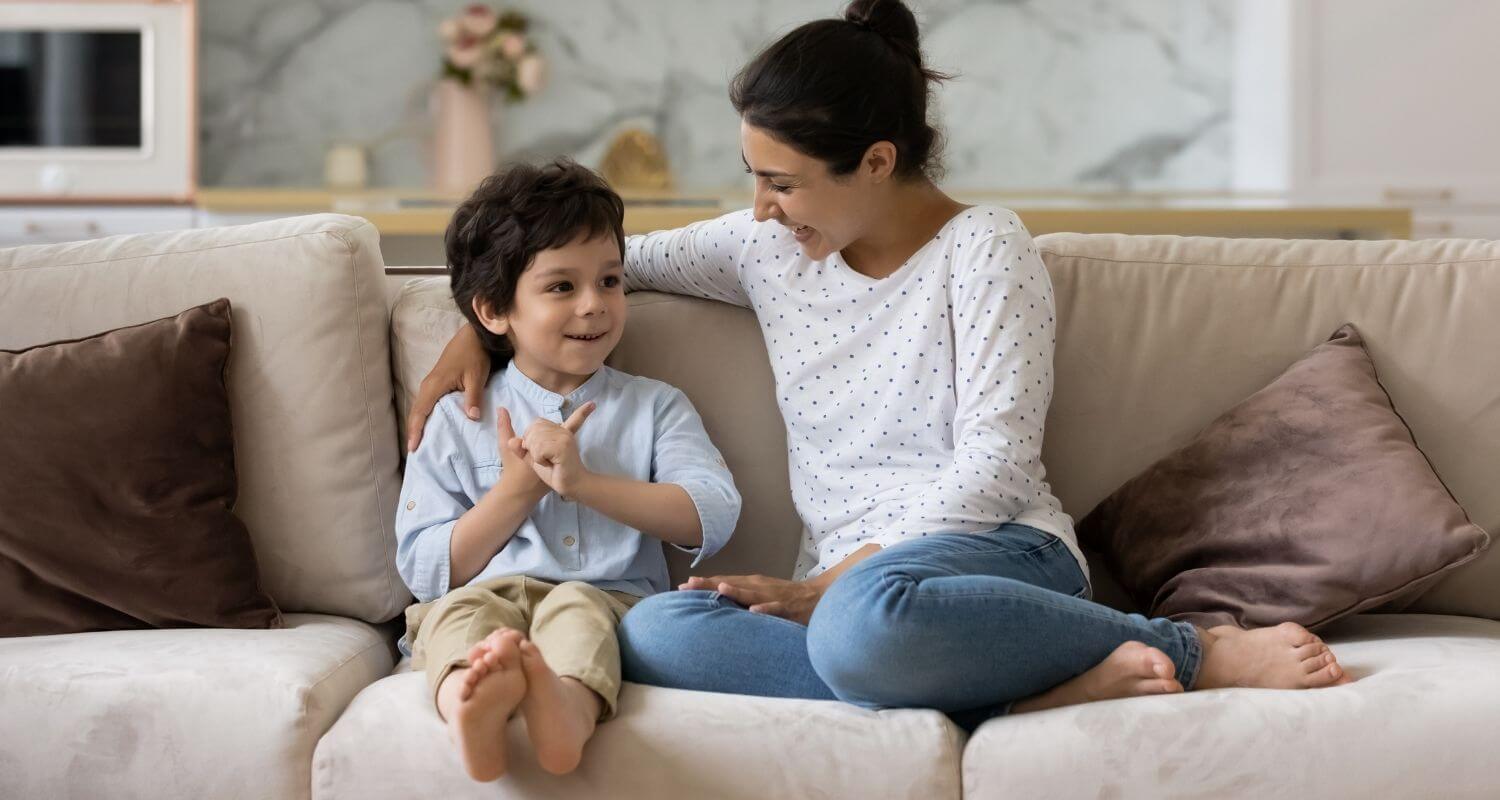From the moment they are born we start teaching self-care to our kids. Learning how to take care of ourselves, from our mental health to our physical wellbeing is so important. For example, brushing our teeth or making our room a relaxing space. Some of these self-care habits are so common they are sometimes taken for granted.
Yet, self-care is important in a child’s development. Making your kids conscious of their emotional and physical needs can help make them more self-aware and confident.
In addition, teaching self-care to our kids prepares them for handling stress in the future. Whether it’s at school or later in life, managing their stress and anxiety will enable them to be more resilient and happier.
Explaining self-care to your child
Each of us has different needs and therefore our own concept of what self-care is. As parents, we can help our kids understand their needs and experiment with various wellbeing practices to see what works for them.
After all, whether we call it self-care, wellbeing, or mindfulness, what matters is that we are actively taking steps that benefit our health and feeling of happiness. Our kids can understand that. From a very young age, they have the notions of “I feel good” vs “I feel bad.” Our job is to help them become aware of that difference and of the mechanisms that lead to either feeling.
Setting a self-care role model
There’s no age to start teaching your child about taking care of themselves. However, it helps if we already have our own idea of what is self-care for us. If you’re not sure, take a look at my article “natural self-care rituals for grown-ups.”
Our kids learn so much from watching us. If we aren’t taking care of our wellbeing or are constantly putting ourselves last, chances are our kids will do the same when they grow up. Instead, let’s acknowledge our own needs, and make time for relaxation and wellbeing daily.
Tips for teaching self-care to your kids
Setting up a routine of healthy habits, becoming more self-aware, and experimenting with self-care practices are all great ways for teaching self-care to your kids.
Self-care routine
Brushing your hair, cleaning your nails, picking out your outfit… There are so many little things we do that contribute to our overall sense of wellbeing. Creating healthy habits with our kids is a wonderful way to teach them self-care.
Additionally, learning to manage their time and energy for school and playtime can be an asset. Use a visual schedule to help them understand. Waking, eating, learning, playing… “What’s your energy level for each activity?” “How do you feel?” With that knowledge, their routine will become more enjoyable and something they take part in mindfully.
Becoming self-aware
There’s no need for a big vocabulary to express how we feel. Even a child as young as 4 years old can make the difference between being angry, happy, hungry, or tired. As they become more self-aware their feeling spectrum becomes richer and they get to understand what leads to these different states.
Help them by asking them questions. “How do you feel?” “What happened that caused you to be angry / happy?” “What can you do to feel better?”
Experimenting with wellbeing practices
There’s no guideline for practicing self-care, but we can find the activities that reinforce our sense of wellbeing through experimentation. It’s good for our kids to know a few quick ways that can help them feel grounded and relaxed when needed.
From the age of 7 years old, find a time when your child is receptive to discuss different ways they can feel more relaxed when stressed. Make a list of 5 elements together and decide to try them out to see what works.
Put them in different scenarios and ask what would help them feel better. For example, “when you are angry, which actions can help you feel better?”:
- Listening to music in my room
- Spending time alone
- Taking a nap
- Drinking a big glass of water
- Drawing
The idea is that they can go back to their self-care list when they feel anxious or simply need to feel better.
Self-care for toddlers
Teaching self-care to our toddlers starts with learning life skills. These everyday activities make them more independent, and develop their self-esteem and sense of self.
These life skills can include:
- Personal hygiene and pampering
- Sleep routine
- Making your bedroom an environment for play and relaxation
- Eating healthy
- Developing social skills
At first, they will need more support from a grown-up. But quickly they will want to do these things themselves. Use positive reinforcement and praise their accomplishments to boost their confidence.
Self-care for children & teens
Older children will naturally want to become more independent. Self-care can evolve to include managing their own schedule, becoming more accountable, or choosing their after-school activities.
Between school and social life, it’s a period of childhood that can get stressful for our kids. Self-awareness and practicing self-care can help them with their body image, mental health, and happiness level. In addition, making time for their wellbeing can build their resilience and lower their stress.
As parents, we can support them tackle a difficult situation by showing them a wider perspective and helping them be more introspective. When they understand their emotions, it’s easier for them to feel comfortable in their own skin.
I hope you enjoyed this article about teaching self-care to our kids. Just don’t forget you need self-care too!
Until next time, Tania xx

